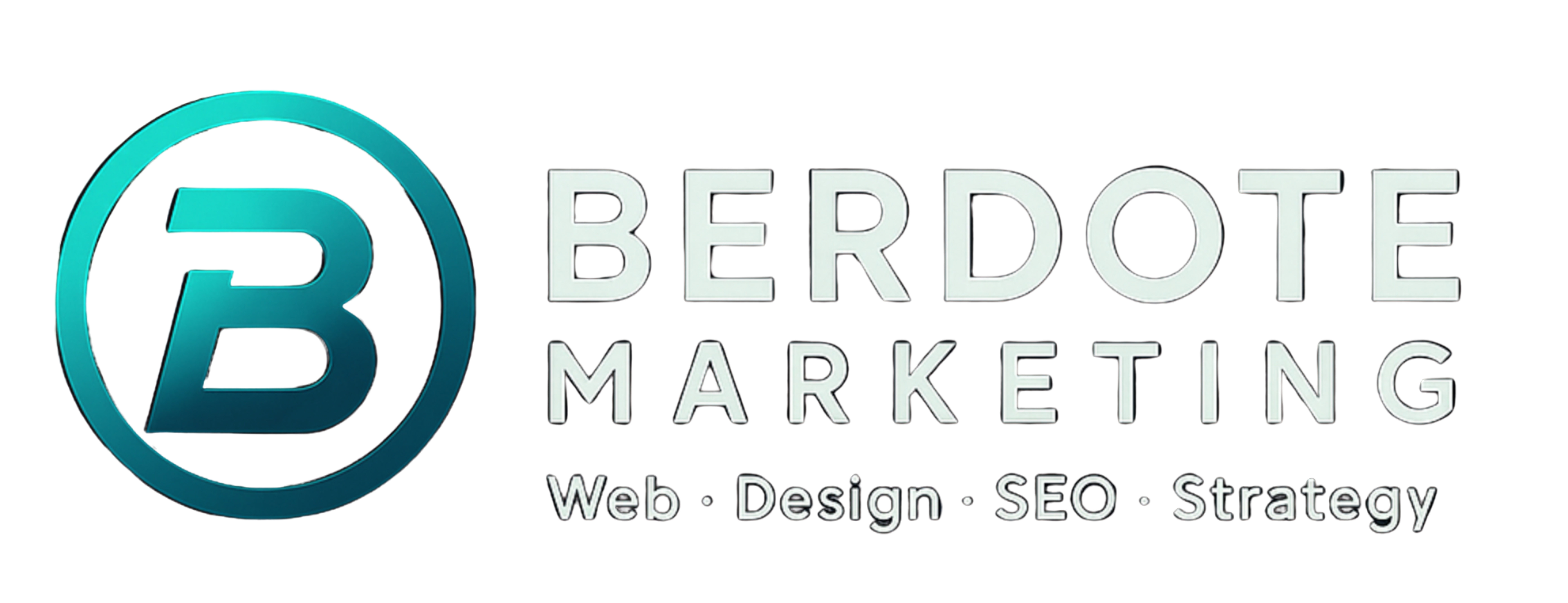Unveiling the Power of Focus Groups: How Leading Brands Enhance Their Image and Success
- Berdote Marketing
- May 16, 2024
- 2 min read
Updated: Jul 15, 2024

In today's fiercely competitive market, understanding consumer perceptions and preferences is essential for brands striving to stay ahead. One powerful tool at their disposal? Focus groups. Let's delve into how some of the world's most iconic brands, including Apple, Nike, Coca-Cola, and Procter & Gamble, harness the power of focus groups to elevate their brand image and drive business success.
1. Apple: Innovating Through Insight
Apple's commitment to innovation is legendary, and focus groups play a pivotal role in this journey. By engaging directly with consumers, Apple gains invaluable feedback on its products and services. Take the iPhone, for example. Through focus groups, Apple fine-tuned the design and features of its flagship device, resulting in subsequent models that not only met but exceeded consumer expectations. This dedication to understanding user preferences cements Apple's reputation as a trailblazer in design and innovation.
2. Nike: Empowering Athletes, One Focus Group at a Time
Nike's "Just Do It" mantra resonates with athletes worldwide, and focus groups help ensure its messaging hits the mark. By listening to consumers' perceptions of the brand, Nike fine-tunes its marketing campaigns to reflect the values and aspirations of its target audience. Through focus groups, Nike gathers insights that fuel its iconic advertising, inspiring athletes to push boundaries and achieve greatness both on and off the field.
3. Coca-Cola: Refreshing Insights, Refreshing Beverages
Coca-Cola's enduring popularity is no accident, thanks in part to its use of focus groups. By delving into consumer preferences and perceptions, Coca-Cola refines its beverage offerings to cater to changing tastes and preferences. Whether testing new flavors or evaluating packaging designs, focus groups provide Coca-Cola with the data needed to stay ahead of the curve and maintain its status as a global beverage leader.
4. Procter & Gamble: Meeting Consumer Needs, One Focus Group at a Time
Procter & Gamble's vast portfolio of household and personal care products touches the lives of consumers worldwide, and focus groups play a crucial role in shaping its offerings. By understanding consumer attitudes and behaviors, Procter & Gamble develops products that address real-world needs and preferences. From laundry detergents to skincare products, focus groups inform every step of the product development process, ensuring that Procter & Gamble remains a trusted name in homes around the globe.
In conclusion, focus groups are not just a research tool; they are a strategic imperative for brands looking to thrive in today's competitive landscape. By listening to consumers and acting on their feedback, brands can enhance their image, drive innovation, and ultimately, secure long-term success. So the next time you see a brand making waves, remember: behind the scenes, there's likely a focus group shaping its journey to greatness.




Comments